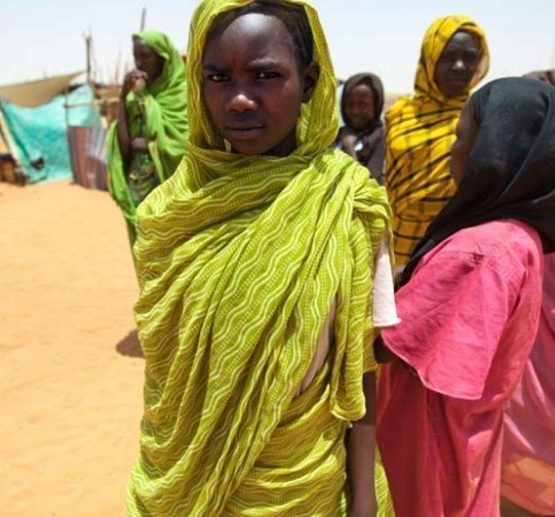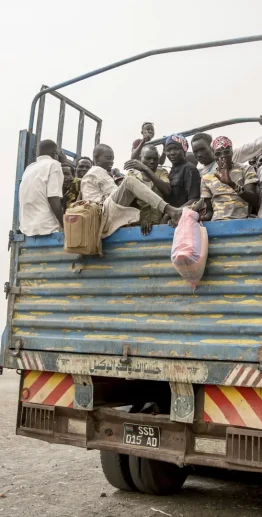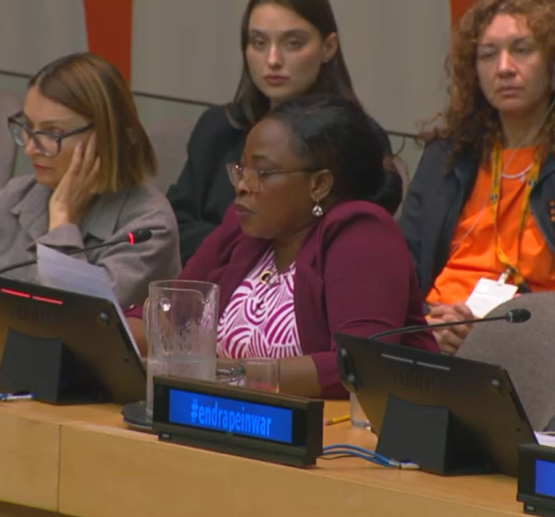Last week, a group of independent UN experts accused both sides of the warring parties in Sudan of deliberately using “starvation tactics” against 25 million civilians, leaving 97 percent of the population facing “severe levels of hunger”. These tactics amount to crimes against humanity and war crimes under international law. The already dire situation has been further exacerbated by a rapidly worsening famine gripping the country. “Never in modern history have so many people faced starvation and famine as in Sudan today,” the experts warned. The international community must urgently act to address what is now the world’s most severe hunger crisis.
Multiple displacement camps are already on the verge of famine. The Zamzam camp, near El Fasher in North Darfur, has seen meager aid due to the warring factions blocking food, medicine, and essential supplies for months. Médecins Sans Frontières (MSF) reported that it was forced to halt outpatient treatment for 5,000 children suffering from acute malnutrition because of these blockades. By the end of September, MSF had to suspend care for 2,900 children with severe malnutrition, with only an 80-bed hospital remaining to treat the most critical cases. Although some aid trucks have arrived within the months of the blockade, the quantity of aid available is grossly inadequate to meet the urgent needs and the situation remains catastrophic.
The UN experts also highlighted the compounded effects of the rainy season, which has caused devastating floods, destroyed crops, and killed livestock, further worsening the agricultural crisis. Mining activities and water contamination have only compounded the suffering. They emphasized the need for additional international support, noting that the $1.44 billion required for Sudan’s humanitarian response is only halfway funded.
DWAG is deeply alarmed by this man-made famine and echoes the UN experts’ urgent call for action. We appeal to the U.S. government and members of the UN Security Council to take immediate steps to ensure humanitarian aid is delivered, including through airlifts via El Fasher and Kadogoki airports, as well as cross-border routes. Aid to Darfur must be channeled through routes not controlled by the RSF, such as the Tina access point.
We urge DWAG supporters to raise their voices in solidarity with the people of Sudan, particularly those in Darfur who are already experiencing famine. The situation demands immediate and decisive action to prevent further loss of life.
Thank you for your continued support. Stay connected for updates and opportunities to take action.
With gratitude,
Niemat Ahmadi
President, Darfur Women Action Group (DWAG)
The DWAG Team
Latest Features and News
Latest Headlines
Sudanese seek refuge underground in besieged Darfur city
March 15 - 2025
Sudan facing ‘the abyss’ unless war ends as…
March 13 - 2025
+ Read MoreLatest Headlines
Sudan war: Children facing ‘unimaginable suffering’, warns UNICEF…
March 13 - 2025
MSF pulls out of famine-stricken camp in Sudan’s…
February 24 - 2025
+ Read More


